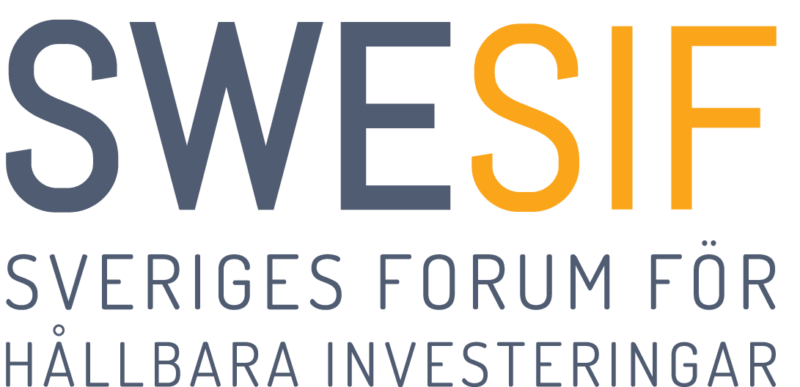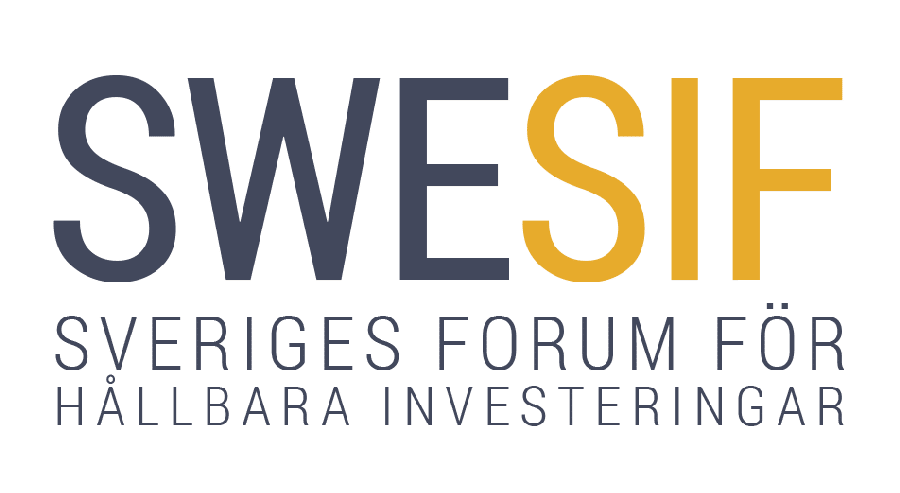It is important for companies to understand how their business impacts children, from the perspective of both risks and opportunities. For investors and asset managers, taking children’s rights into account is a way to promote sustainability, improve business performance and identify risks.
Children are an important stakeholder group for businesses. They are future employees, family members of current employees and, for many companies, an important customer group. However, children are particularly vulnerable because they are still developing. This makes them more sensitive to negative consequences from business activities, even unintended ones, as well as to serious human rights violations. If companies ignore children’s rights, this can lead to reputational damage and loss of business.
Businesses can also benefit from taking children’s rights into account, as responsible business practices can improve long-term profitability and contribute to sustainable development. In addition, companies’ actions can have a wide range of positive impacts on children’s well-being.
Businesses must ensure that their activities do not cause children any harm
Promoting children’s rights in business can take many different forms. One of the most important ways is to ensure that the business does not cause harm to children. This means, for example, avoiding child labour and ensuring that the company’s activities are not harmful to children’s health or safety.
Another important way is to provide jobs and good working conditions for parents. Parents’ resources are directly linked to their ability to provide for their children’s needs and ensure their well-being. In addition, companies that act responsibly about the environment and the climate can also have a positive impact on children’s health and well-being.
Finnish companies’ business activities have a global impact on children’s well-being
Finnish companies operate globally, so the decisions they make have an impact beyond the country’s borders. For example, companies may offer their employees a certain amount of paid parental leave, even if local legislation provides little or no leave.
Corporate responsibility programmes often mention human rights, but do not specifically mention children’s rights. However, the needs of children and the challenges they face can be significantly different from those of adults. Considering children’s rights provides companies with important additional information, for example on staff retention, and reduces risks from an investor perspective. By understanding children’s rights, companies can review all their sustainability work and make potential risks more visible.
Children’s rights represent more than just banning child labour. For example, the working conditions of parents and carers have a direct impact on children, as parents must have the resources to provide for their families. Products and services must be designed to be child friendly. Climate change will have the greatest impact on the most vulnerable children.
Limited data availability is a challenge for responsible investors
Investors can have a significant impact on the way companies operate and therefore on children’s rights. UNICEF Finland has launched a research project to investigate how Finnish companies perform on children’s rights and these rights can be considered in investment processes.
Evli is involved in investigating the investor perspective in particular, i.e. how children’s rights are reported to investors, and how information is integrated into investment processes. One current challenge is the limited focus on children’s rights as a unique stakeholder group, as child rights are often considered as part of human rights and not as a separate category . The investment process may screen for children’s rights issues, for example for serious violations of international norms, but a more comprehensive analysis is rarely carried out. From an investor’s perspective, it would therefore be useful to promote more comprehensive reporting from companies, which in turn would help investors to assess the responsibility of such target companies. As data points become more widespread, investors would be better equipped to consider children’s rights throughout the investment process; from target company analysis, to progress monitoring and engagement.
Although the work in Finland is still in its early stages, tools for investors are already available. For example, investors can make use of UNICEF’s Tool for Investors on Integrating Children’s Rights into ESG Assessments, which has been developed in partnership with asset owners, asset managers and companies providing ESG analysis. The tool provides both guidance and indicators for assessing children’s rights in a target company. The tool is publicly accessible here.
Petra Hakamo
Head of Sustainability, Evli Plc
Member of the Board, Finsif
Outi Kauppinen
Senior Advisor and Account Manager, Corporate Collaboration
UNICEF Finland



